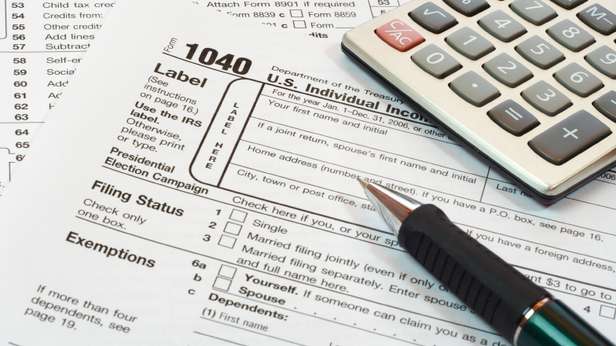
Legislative Council finds little to hold onto in “swiss cheese” structured tax
MacIver News Service | October 1, 2014
Eight of nine legislators on the Steering Committee submitted their final statements on the tax earlier this month after hearing from dozens of witnesses in three official meetings over the summer.

Committee Chairman Duey Stroebel (R-Saukville) made it plain that the PPT should be repealed completely.
“It has gotten to the point where the personal property tax is now a tax on a handful of business property that affects those unfortunate Wisconsinites who have not been given an exemption,” explained Strobel.
The PPT brings in a total of $270 million to municipalities and the state of Wisconsin, which is less than 1 percent of state revenue and about 2 percent of property tax collections.
The tax is self-assessed by businesses on four categories of property: furniture, fixtures, and equipment; machinery, tools, and patterns; boats and other watercraft; and all other personal property.
Once a very broad tax on both residential and business property, the amount and types of property taxed by the PPT has been whittled down through the years to a small number of business items.
There are fifty-seven exemptions to Wisconsin’s PPT, including oddities such as equipment owned by youth baseball associations being excluded from the tax, but not equipment of youth soccer associations.
The final committee report identified a list of options to repeal or reform Wisconsin’s PPT ranging from complete elimination to changes in the way the tax is administered.
Scott Drenkard, an economist with the non-partisan Tax Foundation, highlighted two PPT reform initiatives in Indiana and Michigan for the committee and in an interview with the MacIver Institute.
In Indiana, where the PPT brings in $1 billion dollars in revenue, the legislature passed a bill that gave counties ultimate authority over the fate of the tax. Counties may choose to exempt new property from the tax, exempt businesses with less than $20,000 in personal property, or give businesses a long-term abatement to ease the tax’s burden.
Michigan also changed its PPT by ballot initiative in August, creating an exemption for small businesses with total personal property amounting to less than 80,000 and exempting all new property bought by businesses. Michigan voters approved the measure with 69 percent voting yes.
Senator Tom Tiffany (R-Hazelhurst), Rep. Bob Kulp (R-Stratford) and Rep. Joe Sanfelippo (R-West Allis) agreed with Stroebel that elimination of the PPT in Wisconsin should be a priority for the legislature. Senator Sheila Harsdorf (R-River Falls) also acknowledged that the PPT was harmful to businesses and asked for the legislature to address the issue.
Democrat members of the committee cited concerns over tax shifting and municipal revenue decreases, exhibiting a more cautious approach to the PPT.
For Chairman Stroebel, however, the tax has no appeal for Wisconsin.
“No one seems to be able to defend the Swiss cheese structure of the personal property tax, except by warning that government needs the money.”